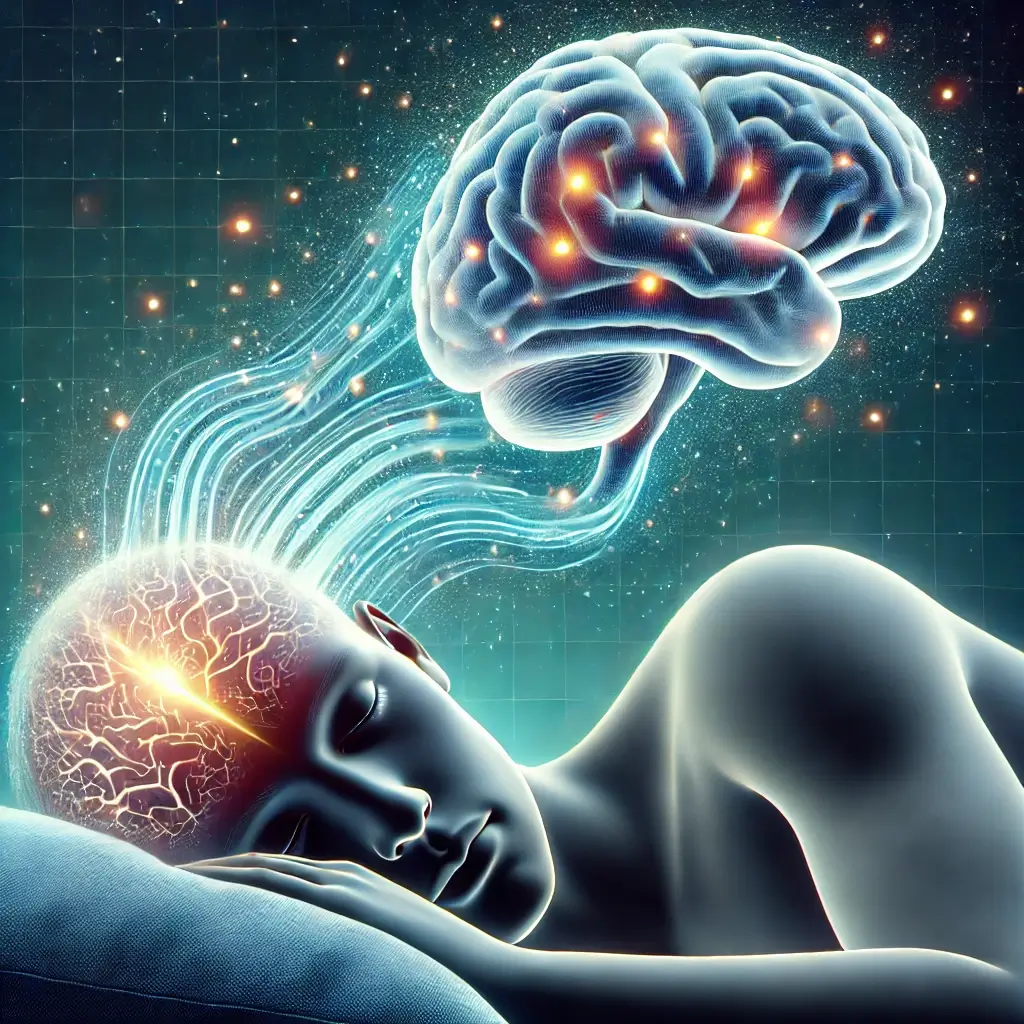Can Processed Foods Cause Chronic Insomnia?
Research indicates a possible association between processed foods and chronic sleeplessness. However, additional research is needed to demonstrate a cause-and-effect relationship. Here’s what we know so far:
Studies imply a connection: A comprehensive study published in the Journal of the Academy of Nutrition and Dietetics discovered a link between consuming more ultra-processed foods (UPFs) and an increased risk of chronic insomnia.
Ultra-processed foods (UPFs): Are substantially modified foods designed for convenience, taste, and shelf life. Examples include packaged foods, quick noodles, sweetened beverages, and processed meats.
Possible explanations for the link: The specific causes of the association are still being investigated. However, some possibilities include:
High sugar consumption can affect blood sugar control, potentially resulting in energy dips and sleep difficulties.
Refined carbs can induce blood sugar changes similar to sugar.
Nutrient deficiency: UPFs are frequently deficient in critical nutrients like magnesium and tryptophan, which might help regulate sleep.
Additives: Certain food additives may have stimulating effects that interfere with sleep. Preservatives, artificial sweeteners, and some flavoring compounds can all have stimulating effects.
Preservatives, for example, are commonly employed to increase the shelf life of processed goods. However, some common preservatives, such as sodium benzoate and potassium sorbate, have been shown to have modest stimulant properties, especially when ingested in excessive amounts. These stimulants may disturb the body’s natural sleep-wake cycle, making falling and remaining asleep more difficult.
Similarly, artificial sweeteners such as aspartame and saccharin have been linked to enhanced levels of alertness and wakefulness. While the specific mechanisms are unknown, sugar replacements may interact with neurotransmitters in the brain, causing heightened arousal and interfering with sleep onset.
Even natural flavoring additives, such as citrus or mint extracts, can be stimulating due to caffeine or menthol.
Individuals who suffer from sleep disorders should be aware of the chemicals in their diets.
These substances can provide a momentary energy boost. Still, they may also make falling and remaining asleep harder, particularly if ingested close to bedtime.
Individuals who suffer from sleep disorders should be aware of the chemicals in their diets. By recognizing and restricting their exposure to potentially stimulating additives, particularly in the hours preceding bedtime, they may be able to improve the quality and duration of their sleep.
Not a guaranteed causation: The study described earlier was observational, therefore it cannot be concluded that UPFs cause sleeplessness. Other things that can cause sleep issues include stress, anxiety, and screen usage.
Recommendations:
A healthy diet should include complete, unprocessed foods such as fruits, vegetables, entire grains, and lean protein sources.
Limit UPFs: While odd indulgence is acceptable, reduce your overall intake of processed foods.
Consult a doctor: If you suspect a link between your food and insomnia, consult your doctor. They can help you analyze your sleep health and recommend dietary modifications or other treatments.













